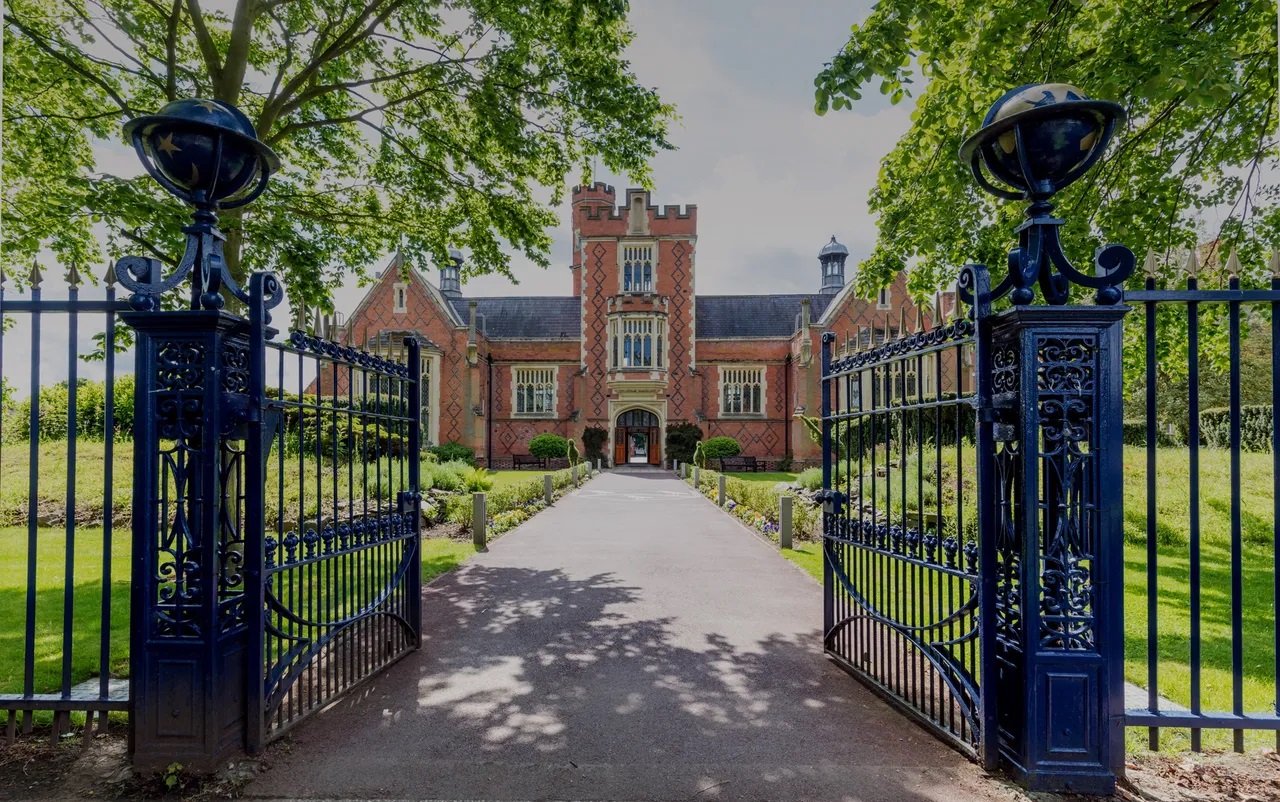7 February 2019 | OPINION
Growing up in Northern Ireland at the beginning of this century, the binary system of grammar schools and secondary moderns was still in place. If you could pass the 11 Plus, then you had one chance to leave your social background and go to a fantastic school with aspiration and academic rigour. The problem was, if you were not in the top 20% then you attended a secondary modern where the teaching quality, resources available and expected aspirations were the opposite of a grammar education.
If I had passed my 11 Plus I would have attended Regent House Grammar School. My life would have been dramatically different as I would have attended one of the highest performing schools in the United Kingdom. Instead, I ended up at Movilla High School which was the opposite to Regent in every way imaginable.
By any measure, I attended a school which would be placed in the bottom 1% in any region throughout the UK. Only five out of 160 pupils in my year managed to get into a sixth form (obviously Movilla didn’t have one) and get into university. At the same time, only 20% of my school year managed to achieve 5 GCSEs at A*-C. Conversely, 98% of Regent Grammar Pupils achieved 5 GCSEs A*-C.
Since I left Movilla in 2008, the school has gone further downhill. By 2016, the BBC were reporting that there had been more detentions given out in the previous year than there had been pupils. The number of children leaving Movilla with 5 good GCSEs dropped to 18.4% and inspectors reported that the quality of education was inadequate.
You may presume that with my personal background I would be viscerally opposed to the return of grammar schools. Indeed, many of the poorest families have chaotic lives, thus giving a potential taker of the 11 Plus a severe disadvantage over a middle class child with two parents at home. The middle class child can often rely on tuition being paid for so they pass the 11 Plus on the day; the lower income family cannot afford such a luxury. Nor do global comparisons support the grammar school cause as 9 out of 10 of the best education systems in the world are comprehensive.
I think it would be a dreadful mistake to return to grammars schools of the past as they inherently favour those who come from more stable backgrounds. They can entrench inequality and for those who fail the 11 Plus it can damage their self-esteem and self-confidence. Although I am against the binary system of the past, there are ways to reintroduce grammar schools to genuinely focus on giving the poorest children a leg up in life.
First, scrap the 11 Plus as it is a well-known fact that many children develop academically at a later age, including myself. The entrance exam could be taken when the young person is 14 and has had the chance to develop academically. Second, only open them in the most disadvantaged areas i.e. the lower performing 20% local authorities. This would show that the reintroduction of grammars is to help the poorest, not cement middle class privilege. Third, alongside introducing academic selection, ensure that there is selection when it comes to favouring low to lower-middle income households. At least 75% of children who attend the new grammars would have to come from households who earn less than £40,000 a year, at least 40% would be entitled to free school meals.
Current grammar schools have an abysmally low amount of children on free school meals and any new system would need to quickly rectify this. We must not forget that a child from a lower income household is 17x more likely to go to an inadequate school. Most middle class children attend high performing comprehensives whilst many working-class children do not.
Many may be put off by such proposals but if we are to take the grammar school and social mobility argument seriously, more radical ideas need to be considered.
————————————————-
Paul Maginnis is a Conservative Party member, and author of The Return of Meritocracy: Conservative Ideas for Unlocking Social Mobility.
Follow him on Twitter @paulmaginnis1























